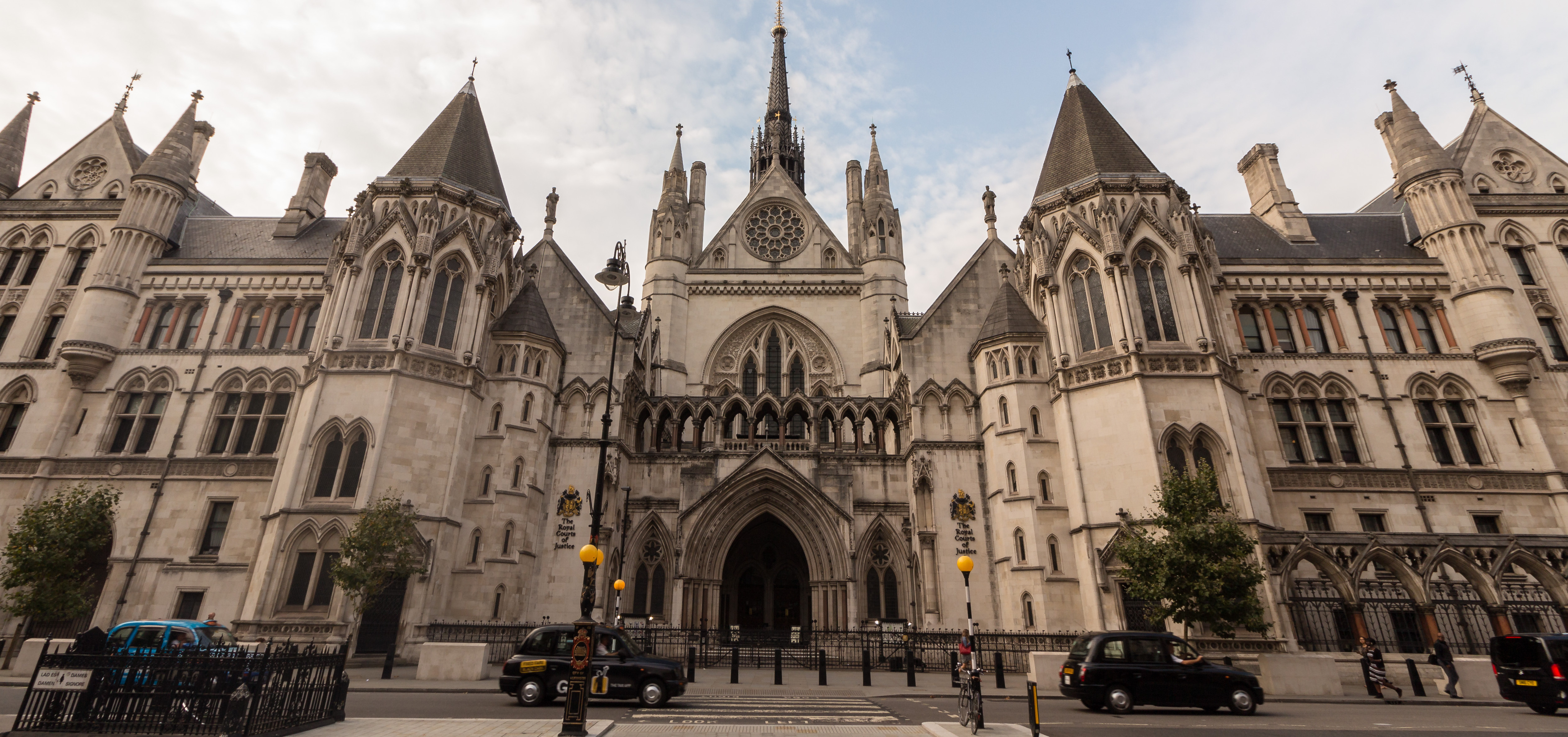Why those accused of rape should be granted anonymity for true justice
Just over a month ago, the rape trial of Liam Allan, a 22 year-old student, collapsed after the police handed over text message data which supported his case for innocence. He lived ‘two years of hell’ in a legal limbo, and spent months not knowing whether he was to be charged or not. We now know that the allegation was false, and the ‘hell’ that Liam went through was unjust and deplorable.
This story is quite similar to most who are accused of rape. Even before they are officially charged, accused people can be suspended from their job or worse. Their support structures can often take a severe hit, with friends deserting them in their time of need, causing untold pain and damage.
In many cases, the defendant is found guilty and the pain they have suffered during the course of the trial doesn’t really look so bad anymore. They raped someone, and suffered the negative societal consequences. Indeed, Home Office data suggests that false rape cases are rare compared to the host of genuine rape trials.
Even before they are officially charged, accused people can be suspended from their job or worse
However, how can this mean that we sit back and do nothing about false rape allegations, especially when there is an easy solution to this problem – namely to give anonymity to the accused. If the defendant is found guilty, then by all means drag their name through the mud. Let them suffer the negative media and social consequences of committing a heinous crime. But for those who are not guilty, or worse, found to be subject to a false rape allegation, how can it be right that they have to suffer, possibly for years, as the whole world shuts around them?
Critics of anonymity often note that it seems a crazy distraction to focus on such a small amount of false rape allegations when the majority of rape incidences aren’t even reported. Indeed, we should primarily be focusing on the under-reporting of rape and its poor conviction rate. But I fail to see how anonymity for the accused prevents this. By painting all those accused as vile monsters before they are convicted we are damaging, not reinforcing a legal system which is based on the values of fairness and the presumption of innocence. We should put more resources in encouraging genuine rape victims to come forward, but demonising potential, and not actual rapists, will not help this.
For those who are not guilty, or worse, found to be subject to a false rape allegation, how can it be right that they have to suffer, possibly for years, as the whole world shuts around them?
Critics point out that a not-guilty verdict does not mean that the accuser lied, but that the case could not be proven beyond all reasonable doubt. As sexual crimes often boil down to, ‘he said’ vs. ‘she said’ cases, this is hard to establish. Anonymity may therefore fuel the idea that false rape accusations are extremely prevalent, when statistics suggest they are not. However, by releasing the identity of the accused before trial, we can come to the curious situation of someone being acquitted of rape but still bearing severe negative consequences to their life due to the quashed allegation against them.
I agree that we need to shore up the conviction rate in rape cases. This will mean that more rape victims will have the confidence to come forward, as they see they have a higher chance of achieving justice. But lambasting the accused is not the way to do this – for it at best is an unnecessary distraction and at worse undermines public support in our criminal justice system’s ability to secure justice.
Let’s focus on supporting rape victims and helping them through what is a mentally challenging process of recounting a very dark moment in their lives. Granting anonymity to the accused would allow false allegations not to ruin lives, whilst halting the increasing tide of indignation at every case that is proven to be false, which harms the public perception of rape victims and makes their lives harder, not easier.

Comments